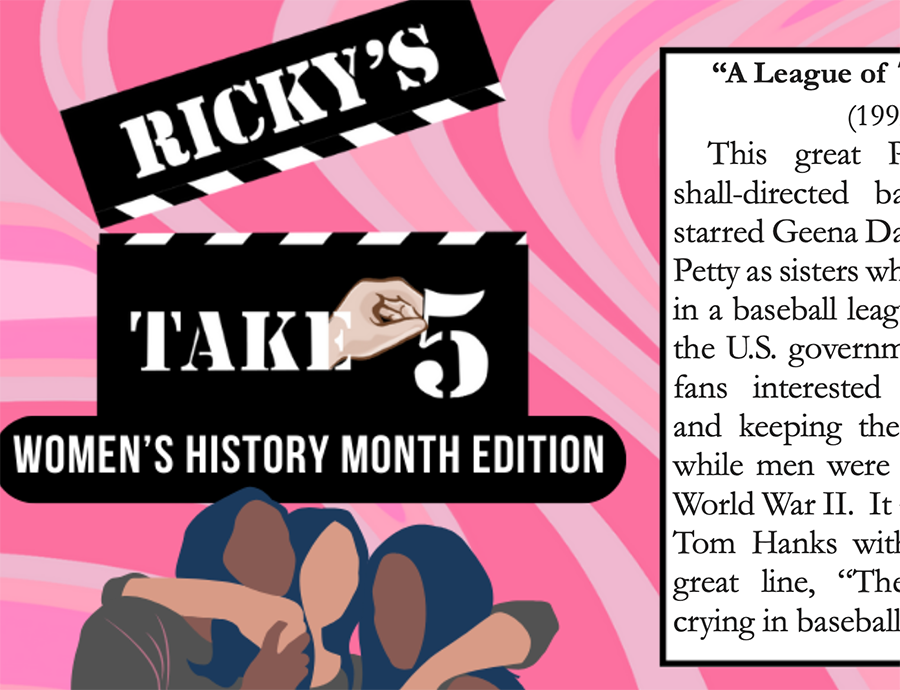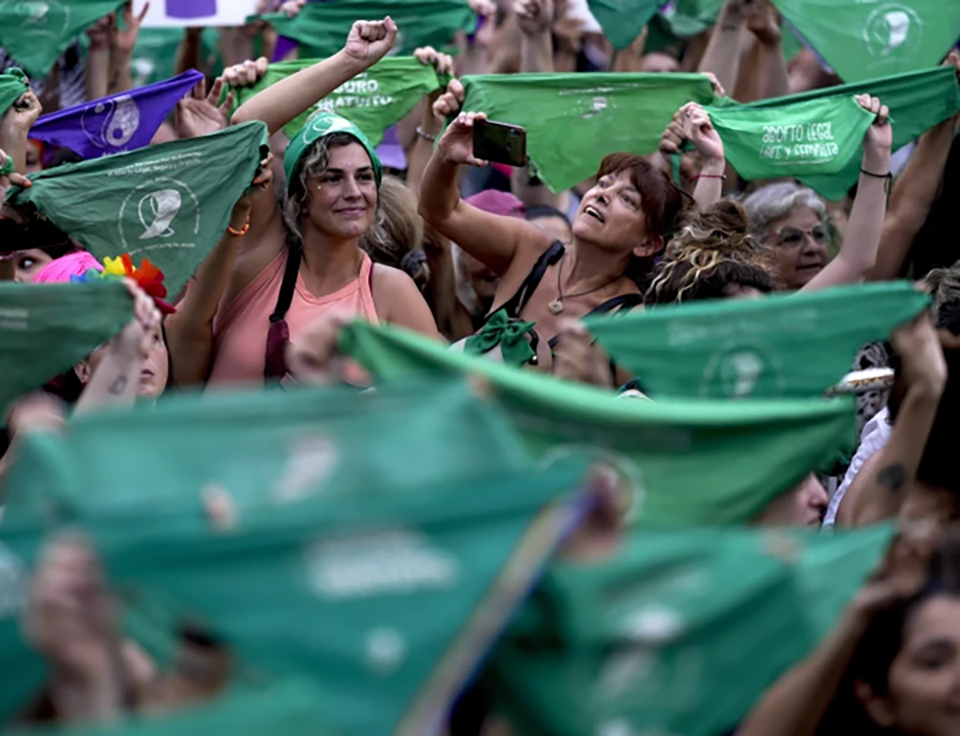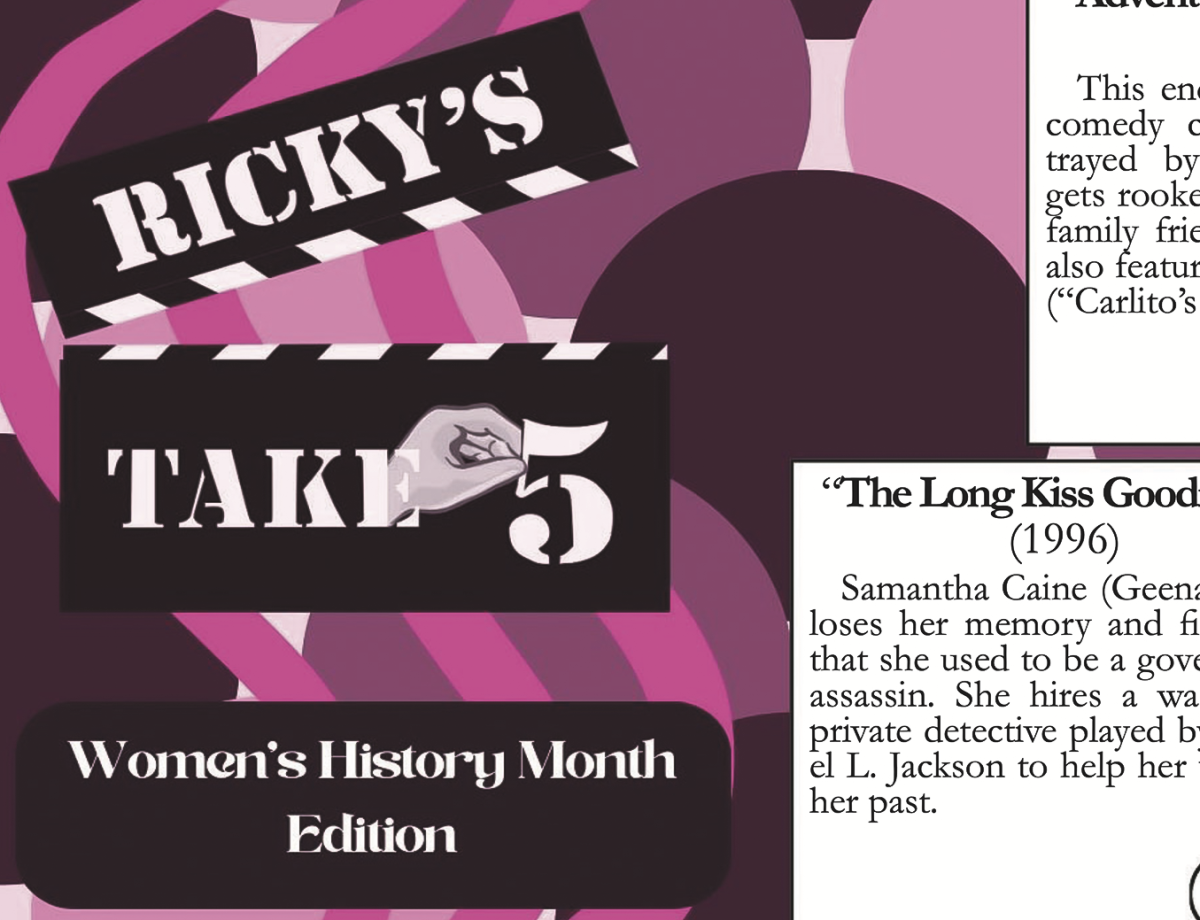When shots rang out at Marjory Stoneman Douglas High School in Parkland, Florida, Taylor Morales thought it was a drill.
“It was the last class of the day and I was taking a math test,” said Morales, a former student now attending a Florida university. “We heard some loud bangs and immediately everyone got up out of their seats and quickly hid into the corner and against the wall.”
Morales visited Richland as a guest speaker for the Honor’s Conference March 3 to discuss gun violence prevention.
“We were trained that you should always, like, try to hide behind the desk because that would be the safest place in the room but there was obviously too much and too many students,” said Morales, who ended up being pressed against a bookshelf and a stack of chairs.
Ashley Baez, her friend, had been outside of the classroom but was able to run in and shut the door after being shot in the leg.
Baez called Morales and asked her to tell her family she was going to be OK and that she wasn’t in pain.
“I crawled over, which was scary because I was exposed to the door and I was afraid I was going to get shot. We were all afraid of that,” Morales said.
Several students rushed to make a tourniquet for Baez. Morales admired their composure. “Obviously, I did not act like that,” she said.
Most students weren’t able to communicate with loved ones. The students’ phones were placed in pouches on the back of the door because they were testing when the gunfire erupted.
“I was too afraid to move to get up to go get it,” Morales said. “While everyone else was saying goodbye to their families and stuff, the majority of us could not have that pleasure of doing so. It was very upsetting.”
Nikolas Cruz, the then 19-year-old former student, killed 17 people; two of whom were Morales’ friends, Joaquin Oliver and Gina Montalto.
“You could hear, like, his footsteps walking throughout the hall and you could hear, like, the gunshots and screaming,” she said. “The screaming was so loud.”
Morales prayed Cruz wouldn’t come into their room before they could be evacuated by SWAT team members.
“We had to listen to him try to jam the gun into the door [and] try to shoot through the door of the neighboring classrooms. Eventually, he walked upstairs and then you could hear him now on the top floor,” Morales said.
The SWAT team instructed everyone to keep their hands up, press themselves to the left side of the hall and exit efficiently and quickly. Baez was carried out.
“I followed the directions but on the floor, there was empty shells, glass, blood and it was staining my shoes. So obviously, I looked down because my foot kept slipping but I kept my hands up,” she said.
As students and faculty grabbed their phones and headed for the door, Morales said she could see bodies sprawled on the ground in the periphery of her vision.
“That shocked me and upset me,” Morales said. “I didn’t understand why the police officers weren’t carrying them out.” Morales later learned that they were dead. She was eventually able to call her dad and went home.
In the days after the shooting, Morales said she felt numb.
“We all kept our phones on and we were waiting to hear back from one of our friends. Everyone was just asking, ‘Have you heard from Gina?’” They learned later that she did not survive.
The event has remained a part of Morales’s life. She likened her memories of the event to Post Traumatic Stress Disorder (PTSD).
“In the night times, it was very hard for me because I would have a hard time walking from my living room to my bedroom,” Morales said. She would call friends to talk to while she walked around her house.
“I was just so petrified and I knew logically that nothing was going to happen,” Morales said. She feared the shooter was going to show up. “Even in my own home, I didn’t feel safe.”
Morales has taken it upon herself to tell her story despite not being a part of the main group of Parkland activists. She said attending the rally where Parkland survivors and activist Emma Gonzalez gave her “This Is B.S.” speech, inspired her.
“I felt powerful,” Morales said. “I think people really just need to understand that it will happen anywhere.”
Morales said gun violence is not biased on race, class, religion or gender. Shootings can happen anywhere.
“It can be you,” she said. “It’ll just take that one time, that one kid, that one incident, and your whole life will change.”
Morales, now speaking to campuses across the country, has taken it upon herself to tell her story. She urged others to go out and vote for candidates who represent their values and priorities.
“Even if you haven’t personally yet been affected by gun violence, you have to understand that not only should you care that it’s happening to other people,” Morales said. “But it should motivate you to know that it can easily happen to you as well.”
Although she can’t do anything about the shooting now, Morales said what she can do is try to make a difference in the future.
Watch the full interview here.





